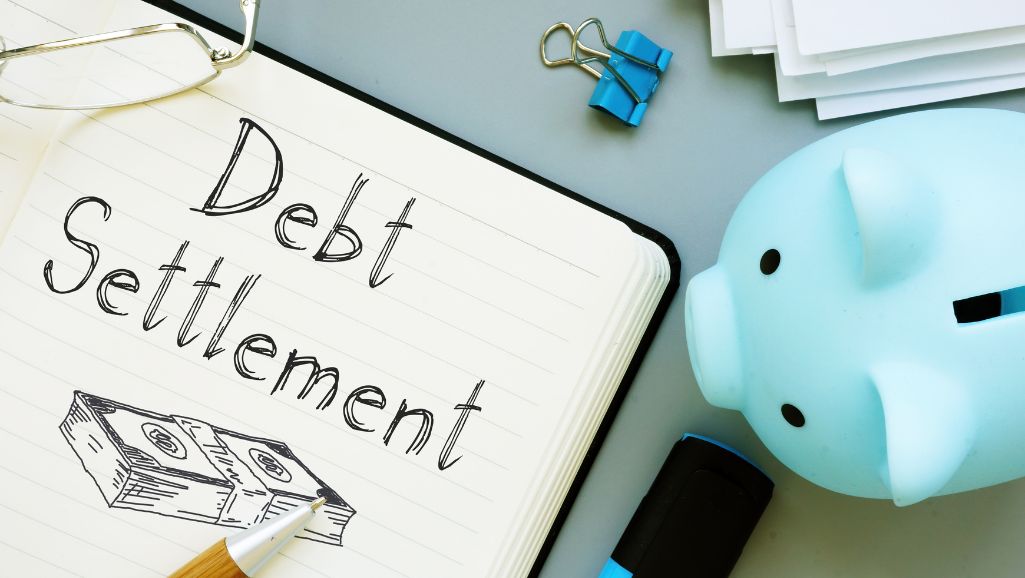Managing finances can sometimes be challenging. Sometimes, it leads to situations where debt settlement negotiations with creditors become a necessity. This blog post is designed to guide you through effective strategies tailored for the Indian audience, empowering you to navigate debt settlements confidently and successfully.
Understanding Debt Settlement Negotiations
Before delving into the strategies, it’s crucial to understand the concept of debt settlement negotiations. When facing financial hardship, creditors may be open to settling your debt for less than what you owe. This arrangement can help both parties by allowing the creditor to recover some funds and the debtor to alleviate some of their financial burden.

Strategies for Successful Debt Settlement Negotiations
- Gather Financial Information: Begin by assessing your financial situation. Collect relevant documents such as bank statements, income proofs, and your expenses. This info will be the starting point for talking things over.
- Open Communication: Initiate an open and transparent dialogue with your creditor. Communicate your financial challenges and your intention to settle the debt. Honesty is critical to building trust during negotiations.
- Propose a Realistic Settlement: Based on your financial assessment, prepare a reasonable settlement offer. Propose a portion of the total debt you can pay in one go or over a brief period.
- Highlight Financial Hardship: Emphasize any significant financial hardships you’re facing, such as medical expenses, job loss, or other unforeseen circumstances. Providing context can help creditors understand your situation better.
- Leverage Professional Assistance: Consider enlisting the services of a reputable debt settlement agency. These professionals have experience negotiating with creditors and can effectively advocate for your interests.
- Be Persistent: Negotiations might involve back-and-forth conversations. Stay persistent and patient throughout the process. Be prepared to provide additional documents/information if requested.
- Focus on Finality: Once both parties agree, document the terms. This could involve a written agreement stating the settled amount, payment timeline, and conditions.
Understanding the Impact of Debt Settlement on Credit Score
Debt settlement can affect your credit score. While settling your debt for a lower amount can make your financial situation easier to handle, your credit score might go down temporarily. Nevertheless, while focusing on improving your financial health, your credit score can recover over time.
How to Prevent Future Debt Challenges?
As you navigate debt settlements, it’s equally vital to implement measures that prevent future financial difficulties:
- Budgeting: Create a realistic budget that outlines your monthly income and expenses. Stick to your budget to ensure you’re living within your means.
- Emergency Fund: Establish an emergency fund to cover unforeseen expenses and prevent resorting to credit during emergencies.
- Credit Education: Educate yourself about responsible credit use and financial management. Understand the conditions and terms before you make any financial arrangement.
- Regular Review: Periodically review your financial situation to identify potential challenges early. This proactive approach can help you take corrective actions promptly.
Final Words
To wrap things up, becoming proficient in negotiating with your creditors and working out agreements requires preparation, clear communication, and perseverance. By implementing these strategies, you can navigate debt settlements successfully while reclaiming control over your financial well-being.
